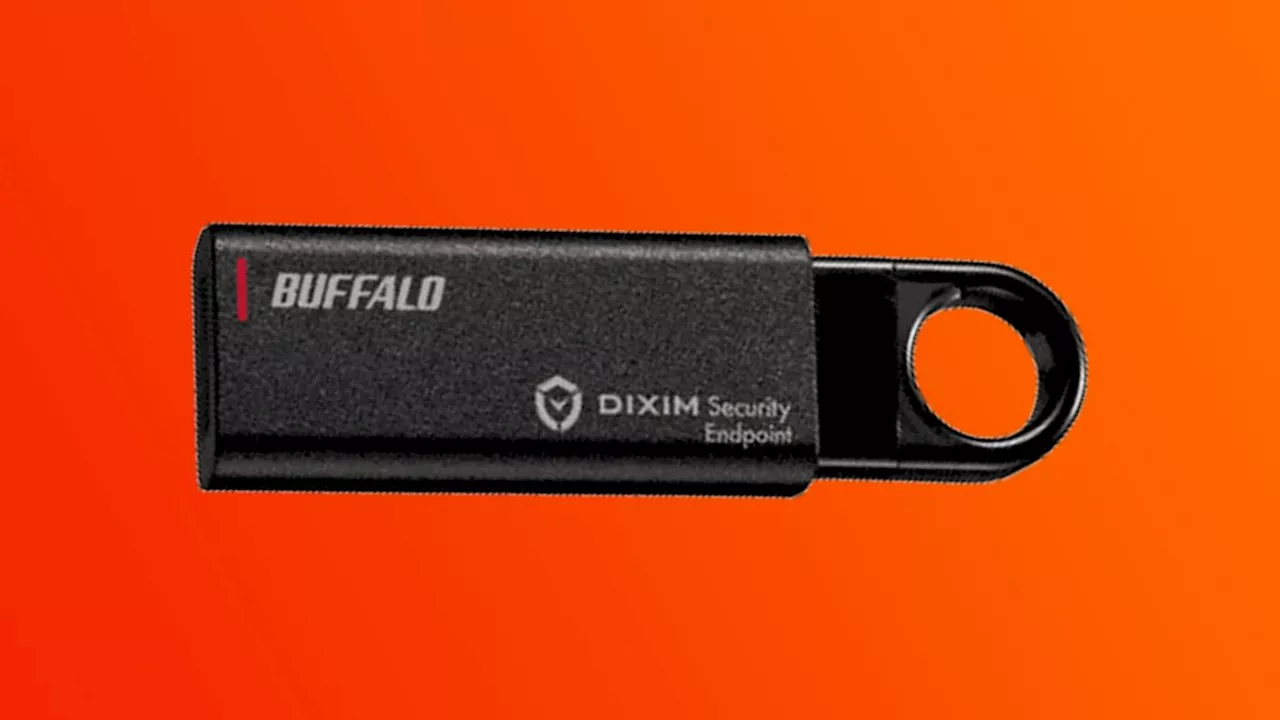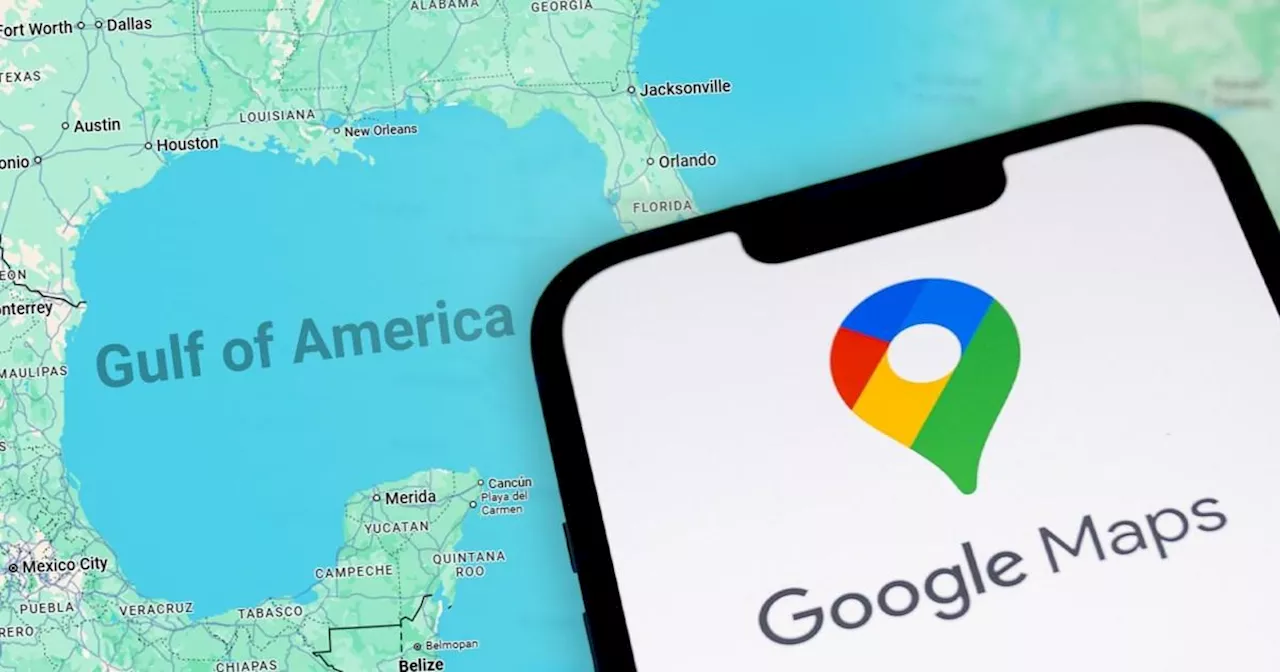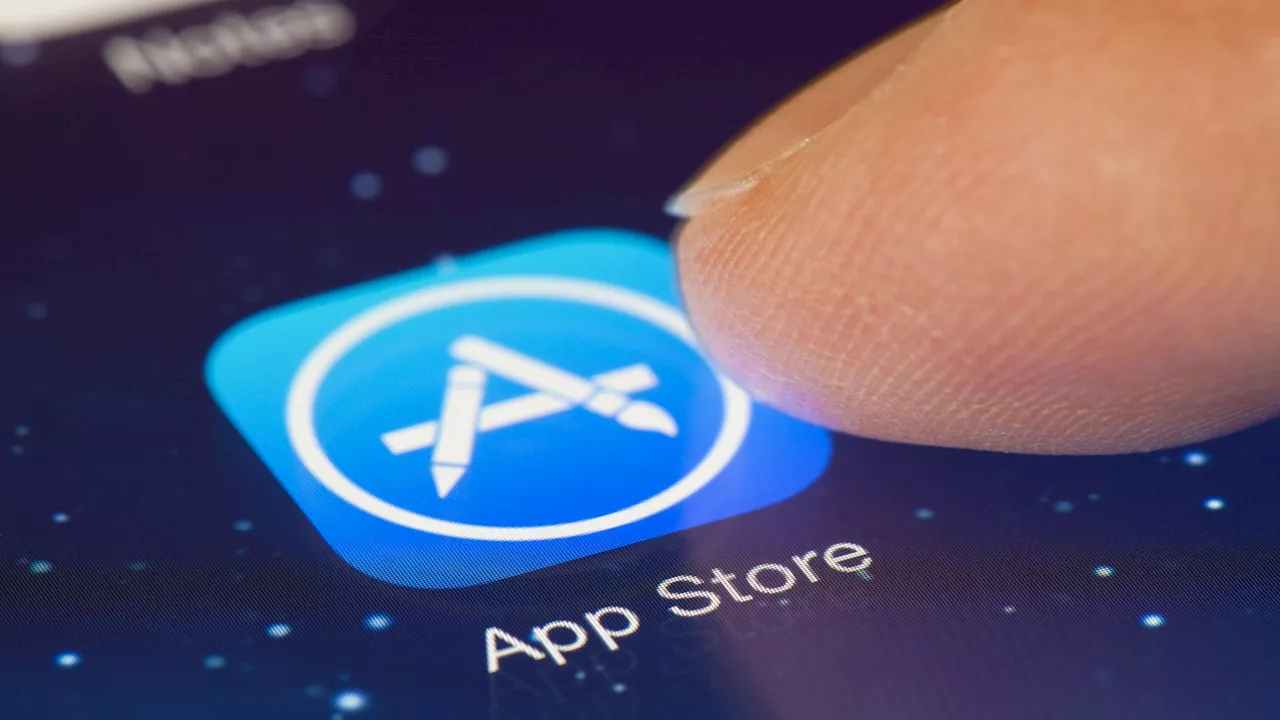A new malware targeting iOS devices, nicknamed 'SparkCat,' poses a significant threat by extracting sensitive information like passwords and cryptocurrency recovery phrases from screenshots. The malware exploits the misconception that iOS is immune to cyberattacks, leading to numerous victims. This news also highlights a recent phishing scam where a 70-year-old businessman lost £48,451.78 due to a convincing phone call impersonating his bank.
A sophisticated new malware dubbed 'SparkCat' poses a serious threat to iOS users, particularly those who store screenshots of their passwords on their devices. This malware, discovered by cybersecurity firm Kaspersky, is designed to extract sensitive information from screenshots, including bank account passwords and cryptocurrency recovery phrases. SparkCat operates by using spyware to scan all files on a device for valuable data.
The malware's threat is amplified by the misconception among many iOS users that their devices are immune to cyberattacks. This vulnerability has led to numerous victims falling prey to the malware's insidious tactics.Adding to the danger, a recent case involving a 70-year-old businessman highlights the effectiveness of phishing scams targeting individuals through phone calls. In this instance, the scammer cloned the businessman's bank's phone number, gaining his trust by directing him to verify the number online. Posing as a member of the bank's fraud team, the scammer tricked the victim into revealing his overdraft limit and ultimately led him to download AnyDesk, a remote access program that granted the fraudsters control over his computer. The scammers successfully withdrew £48,451.78 from two of the victim's accounts. This case serves as a stark reminder of the importance of vigilance against such scams and the need for robust cybersecurity measures
Malware Sparkcat Ios Cybersecurity Phishing Passwords Cryptocurrency Data Theft Remote Access Anydesk Bank Fraud
United Kingdom Latest News, United Kingdom Headlines
Similar News:You can also read news stories similar to this one that we have collected from other news sources.
 FBI Remotely Deletes Malware from Thousands of US ComputersA joint operation between the FBI and international partners successfully removed PlugX malware from over 4,000 US computers. This remote access trojan, dating back to 2008, was a favorite tool of a hacking group. The FBI gained access to a control server and used it to send commands to infected computers, instructing them to delete the malware.
FBI Remotely Deletes Malware from Thousands of US ComputersA joint operation between the FBI and international partners successfully removed PlugX malware from over 4,000 US computers. This remote access trojan, dating back to 2008, was a favorite tool of a hacking group. The FBI gained access to a control server and used it to send commands to infected computers, instructing them to delete the malware.
Read more »
 New Aquabotv3 Malware Exploits Mitel Phone Vulnerability to Build BotnetAkamai's Security Intelligence and Response Team (SIRT) has uncovered a new variant of the Mirai-based malware Aquabot, dubbed Aquabotv3, actively exploiting a vulnerability in Mitel phones to establish a remote-controlled botnet. This strain exhibits a novel behavior: it reports back to its command-and-control server when encountering a kill signal, suggesting a possible new feature for future Mirai variants. This botnet can remotely control infected devices and launch DDoS attacks. The vulnerability, CVE-2024-41710, affects Mitel 6800, 6900, and 6900w series SIP desk phones, allowing authenticated attackers with administrative privileges to execute arbitrary commands, potentially granting them full root-level control. Akamai's analysis suggests that the malware is likely using default credentials to exploit the vulnerability, as many users do not change them from their initial settings.
New Aquabotv3 Malware Exploits Mitel Phone Vulnerability to Build BotnetAkamai's Security Intelligence and Response Team (SIRT) has uncovered a new variant of the Mirai-based malware Aquabot, dubbed Aquabotv3, actively exploiting a vulnerability in Mitel phones to establish a remote-controlled botnet. This strain exhibits a novel behavior: it reports back to its command-and-control server when encountering a kill signal, suggesting a possible new feature for future Mirai variants. This botnet can remotely control infected devices and launch DDoS attacks. The vulnerability, CVE-2024-41710, affects Mitel 6800, 6900, and 6900w series SIP desk phones, allowing authenticated attackers with administrative privileges to execute arbitrary commands, potentially granting them full root-level control. Akamai's analysis suggests that the malware is likely using default credentials to exploit the vulnerability, as many users do not change them from their initial settings.
Read more »
 This USB Drive Packs a Punch Against MalwareThe Buffalo RUF3-KEV USB flash drive boasts an impressive suite of security features, including embedded anti-malware and antivirus scanning, aiming to protect users from infections. While the drive's security measures are commendable, the author cautions against plugging in any used USB drives due to the ever-present threat of malware and the potential for even the best security systems to be bypassed.
This USB Drive Packs a Punch Against MalwareThe Buffalo RUF3-KEV USB flash drive boasts an impressive suite of security features, including embedded anti-malware and antivirus scanning, aiming to protect users from infections. While the drive's security measures are commendable, the author cautions against plugging in any used USB drives due to the ever-present threat of malware and the potential for even the best security systems to be bypassed.
Read more »
 FBI wipes Chinese PlugX malware from thousands of Windows PCs in AmericaHey, Xi: Zài jiàn!
FBI wipes Chinese PlugX malware from thousands of Windows PCs in AmericaHey, Xi: Zài jiàn!
Read more »
 Google Maps to rename Gulf of Mexico as 'Gulf of America' following Trump's orderGoogle Maps is planning to rename the Gulf of Mexico to 'Gulf of America' for US users after a Donald Trump executive order. This change will be visible only to users in the US, while users in Mexico will still see 'Gulf of Mexico'. Outside of these two countries, users will see both names. Similarly, Denali, Alaska's highest peak, will be reverted to Mount McKinley.
Google Maps to rename Gulf of Mexico as 'Gulf of America' following Trump's orderGoogle Maps is planning to rename the Gulf of Mexico to 'Gulf of America' for US users after a Donald Trump executive order. This change will be visible only to users in the US, while users in Mexico will still see 'Gulf of Mexico'. Outside of these two countries, users will see both names. Similarly, Denali, Alaska's highest peak, will be reverted to Mount McKinley.
Read more »
 Crypto-Stealing Spyware Found in Apple App Store, Google PlayKaspersky researchers have discovered the first known app containing hidden optical character recognition (OCR) spyware designed to steal cryptocurrency from Apple's App Store and Google Play. The malware, dubbed SparkCat, resides in an app called ComeCome, which claims to offer food delivery services.
Crypto-Stealing Spyware Found in Apple App Store, Google PlayKaspersky researchers have discovered the first known app containing hidden optical character recognition (OCR) spyware designed to steal cryptocurrency from Apple's App Store and Google Play. The malware, dubbed SparkCat, resides in an app called ComeCome, which claims to offer food delivery services.
Read more »
